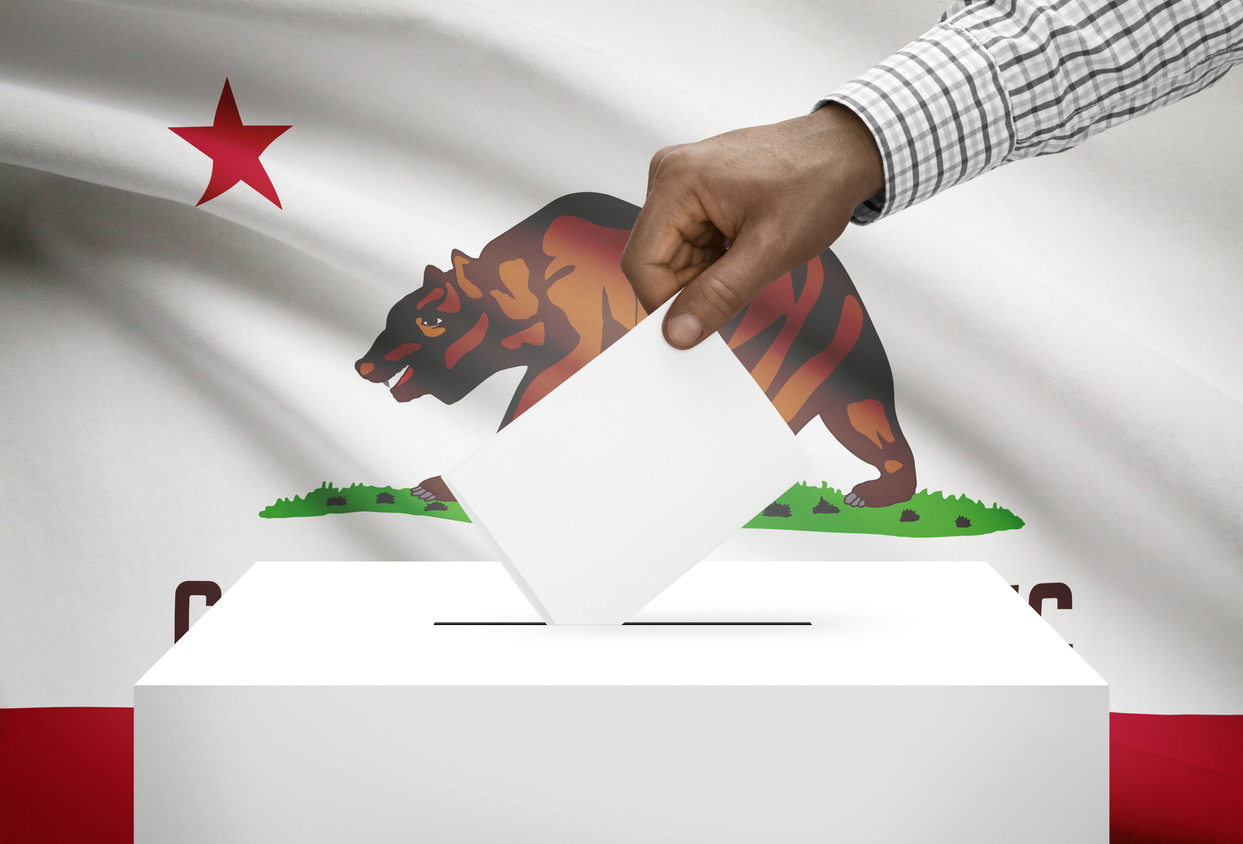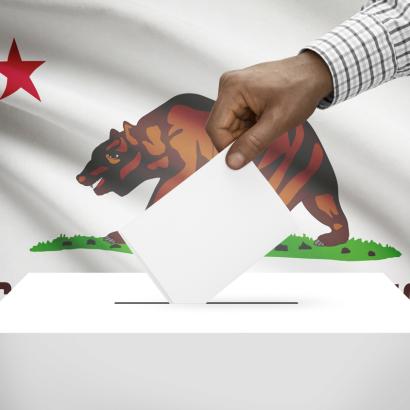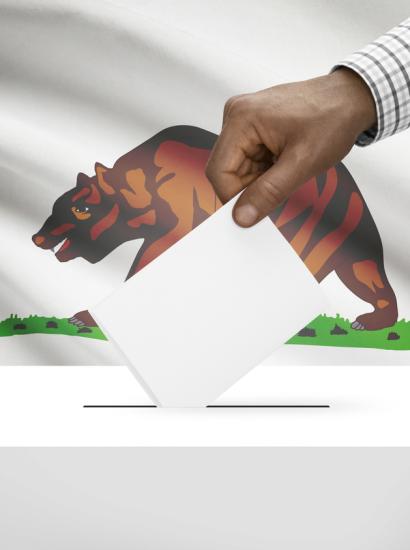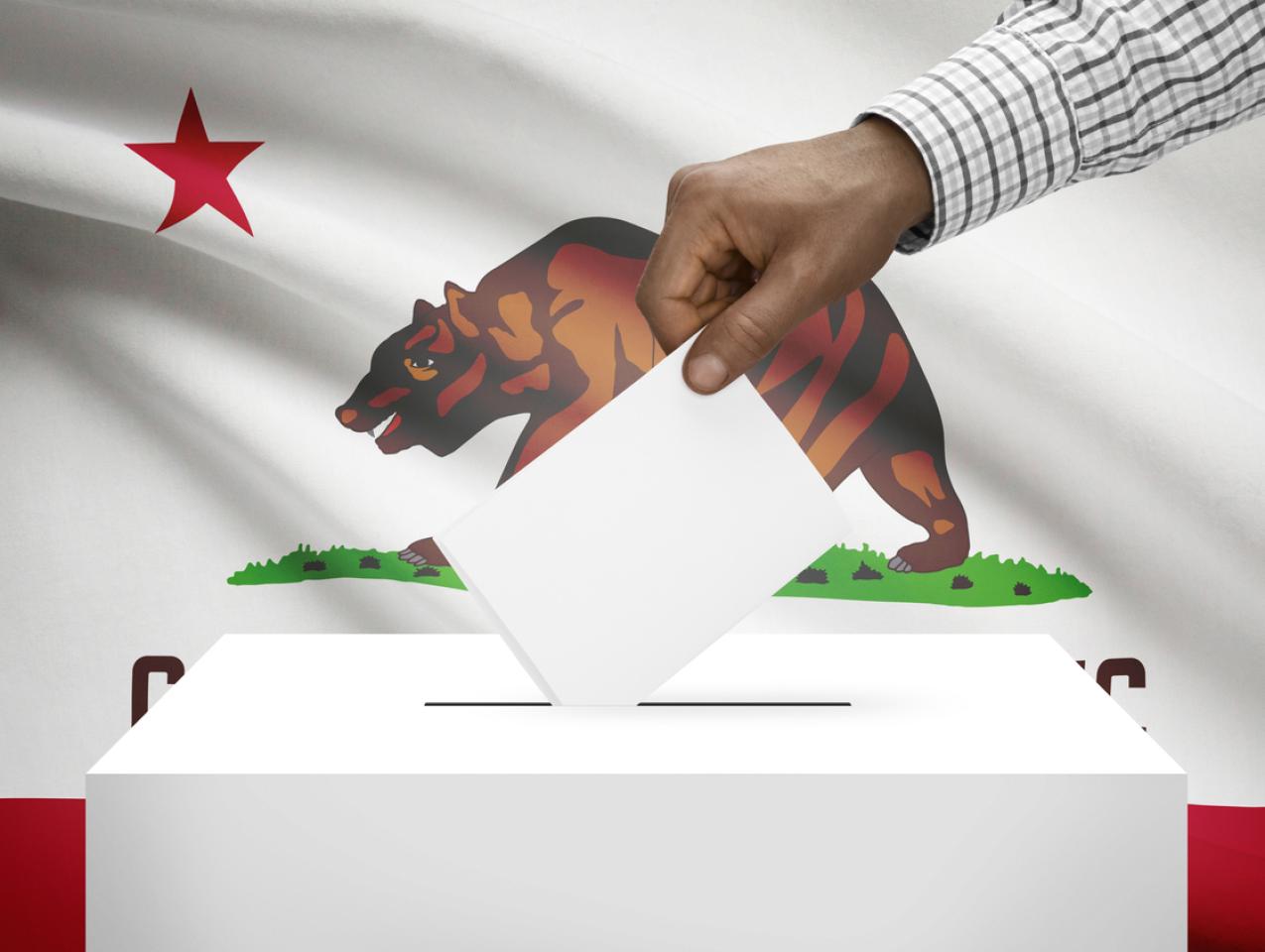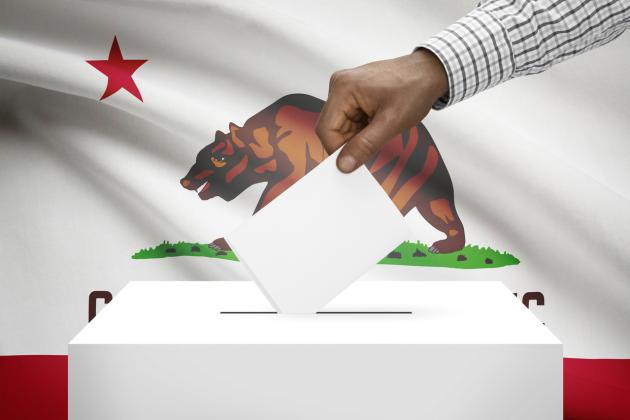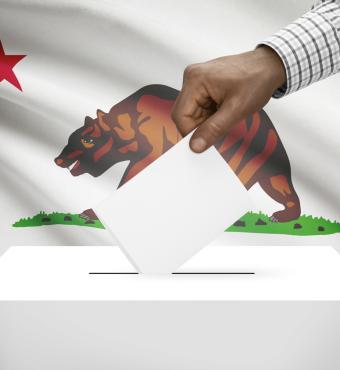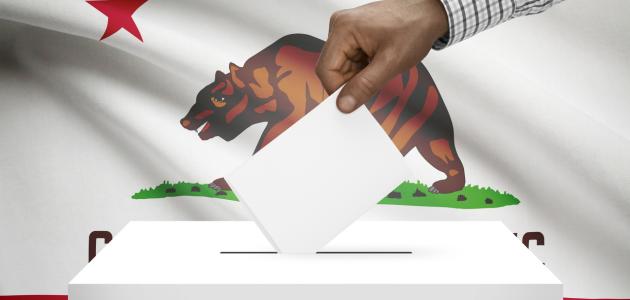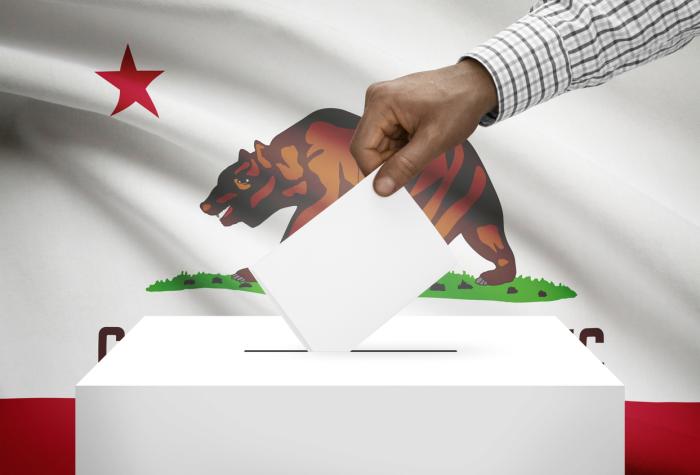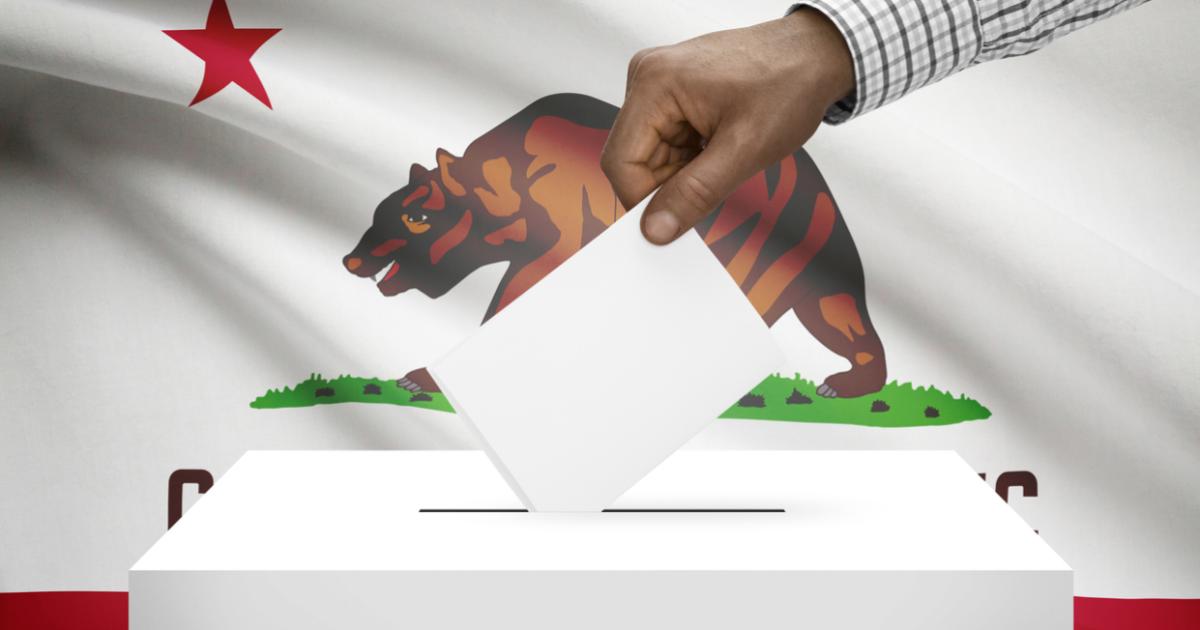- Economics
- Politics, Institutions, and Public Opinion
- Campaigns & Elections
- State & Local
- California
Here’s one way to look at California’s upcoming gubernatorial recall election: Why all the intrigue and drama surrounding the fate of Gavin Newsom, California’s fortieth governor?
Dating back to the beginning of this century, the Golden State has held fifty-four statewide elections (that’s counting presidential, US Senate, and California’s eight state constitutional offices). Democrats have won fifty-one of those fifty-four contests.
Take Arnold Schwarzenegger out of the equation—he was elected governor in 2003’s recall race and reelected in 2006—and the Democrats’ track record is fifty-one wins and one loss. (That lone loss was by Cruz Bustamante, the former lieutenant governor and failed recall challenger who in 2006 failed in his quest to become California’s state insurance commissioner.)
By those numbers, a Democratic incumbent like Newsom shouldn’t feel threatened—at least, not in a state where his party enjoys a 22.4 percent advantage in registered voters (which translates to about five million more registered Democrats than Republicans).
On the other hand, Newsom has a problem that’s been evident since the pandemic thrust him into the spotlight: he doesn’t translate well on the public stage.
Here’s how George Skelton, the Sacramento-based columnist for the Los Angeles Times summed it up: “One on one, Newsom is plenty likable. He’s pleasant, puts people at ease, and is impressive in his knowledge of public policy. But that chemistry doesn’t often come through in large groups or on TV. That’s probably because his public rhetoric—especially when ad-libbed—is frequently repetitive and long-winded. There’s also not much modulation, just high-frequency monotone. And he doesn’t know when to shut up.”
Here’s one way to look at California’s second gubernatorial recall vote in less than two decades: as is true of many a Hollywood movie franchise, the sequel isn’t as compelling as the original.
Blame it on the lack of novelty. Before 2003, a sitting American governor hadn’t been recalled since 1921. Or blame it on the lack of originality. In addition to Newsom, six current governors have been the subjects of recall pushes this year. And there’s the matter of low-wattage star power compared to the previous recall: having no Schwarzenegger or celebrity of similar magnitude has meant far less media fascination this go-round.
As such, let’s call this recall vote, coming as it does after an eighteen-year interim, California’s “cicada election,” in honor of the noisome winged insect, the largest brood of which emerges from the soil every seventeen years to sing, mate, lay eggs, and generally annoy the public with its noisy presence.
There’s one other thing to know about California’s recall: don’t bet on the outcome. Newsom enjoys at least two advantages, one being that he’s raised far more money than his opponents and has spent it at a dizzying pace (the governor and his allies spent $36 million in August alone). The second ace up the governor’s sleeve: every Californian has received a mail-in ballot. Still, it’s a contest that’s difficult to forecast given the odd September 14 election date.
But that didn’t stop the Hoover Institution from doing a survey, in conjunction with Stanford University’s Bill Lane Center for the American West, on the recall landscape.
The survey interviewed 1,955 registered voters between August 27 and September 1, 2021. A few of our findings:
- Only 43 percent of likely voters want to recall Newsom (in 2003, 55 percent of Californians chose to recall Gray Davis).
- Already, 44 percent of survey respondents said they’d voted, with another 32 percent indicating they planned to cast a ballot. If that holds, it easily surpasses the 61.2 percent turnout in 2003.
- Talk-radio host Larry Elder leads the field of replacement candidates at 24 percent, far ahead of Democrat Kevin Paffrath (7 percent)—both well behind the 37 percent who don’t plan to vote for a replacement (in 2003, Schwarzenegger led the replacement field at 48.6 percent).
- Californians think this election will be close—35 percent of respondents think there’s an even chance that Newsom will be recalled; 28% think it’s very or somewhat likely, with another 28% think it’s very or somewhat unlikely.
- Californians are more optimistic about their state than they are their nation: 43 percent believe California is headed in the right direction versus only 36 percent who feel the same about America.
In this edition of Eureka, we asked veterans of California politics and public policy to offer their thoughts on next week’s recall election:
- Lee Ohanian, a Hoover Institution senior fellow and regular contributor to Hoover’s California on Your Mind web channel, reveals the economic advice he’s offered to inquiring recall candidates.
- Matt Rexroad, an attorney and political consultant specializing in redistricting and local elections in California, describes how the state’s political landscape has changed since the first recall.
- Jim Cuneen, a former Republican who once represented Silicon Valley in the State Assembly, insists that a recall referendum shouldn’t be held at this time given the proximity to near year’s election.
- Joe Rodota, Arnold Schwarzenegger’s policy chief during his 2003 recall run, explains how that campaign crafted substance to go along with the candidate’s unique style (spoiler alert: some prominent Hoover fellows were involved in that effort).
We hope that you enjoy this latest installment of Eureka and that it gets you thinking about where California stands—and whether America’s most populous state is moving in the right direction.
Happy reading!







